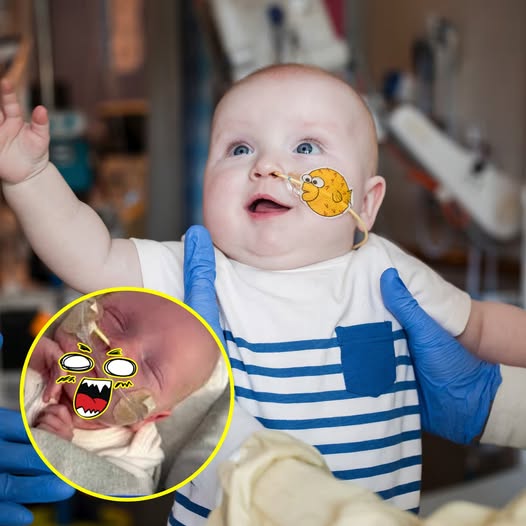
Just six months after a newborn at Children’s Hospital of Philadelphia was diagnosed with a rare and life-threatening metabolic disorder, doctors were able to develop a personalized treatment involving a first-of-its-kind approach to gene-editing that could end up changing the course of his life — and help others with rare diseases in the future.
The metabolic condition, called carbamoyl-phosphate synthetase 1 deficiency, affects the urea cycle and can cause deadly levels of ammonia to build up in the blood, leading to severe and permanent brain damage. It affects about 1 in 1.3 million people. Among babies diagnosed with it, the disease kills 50% of them by early infancy.




